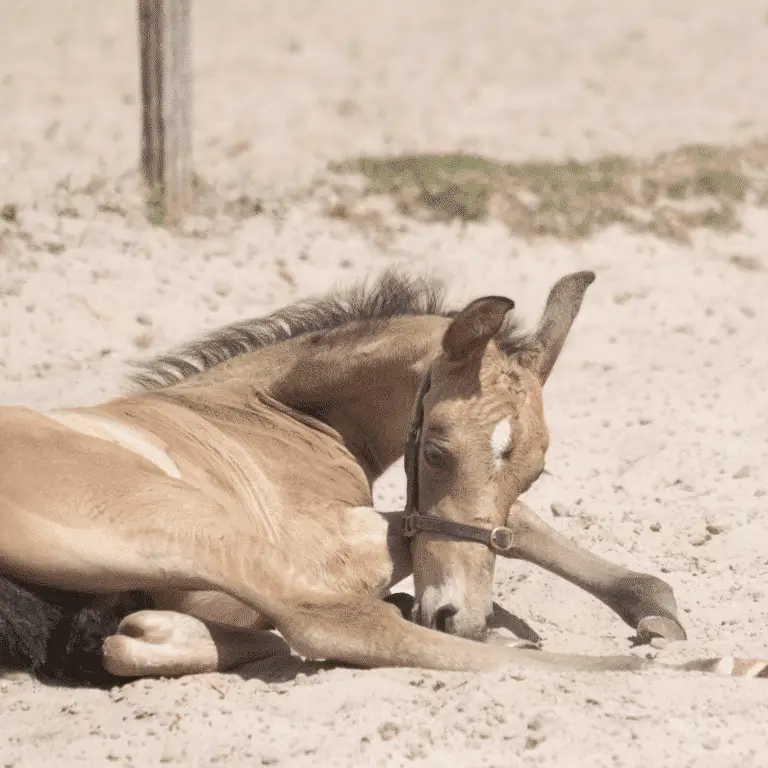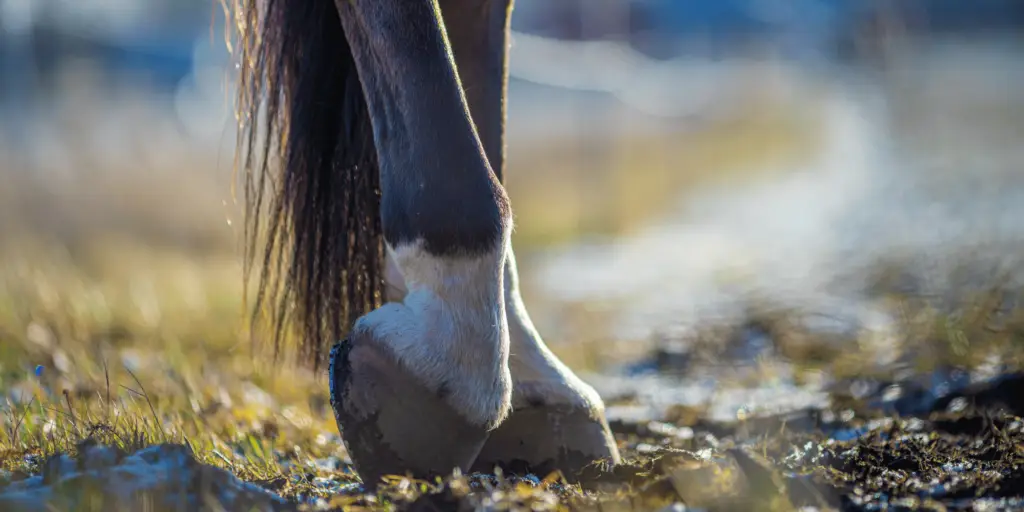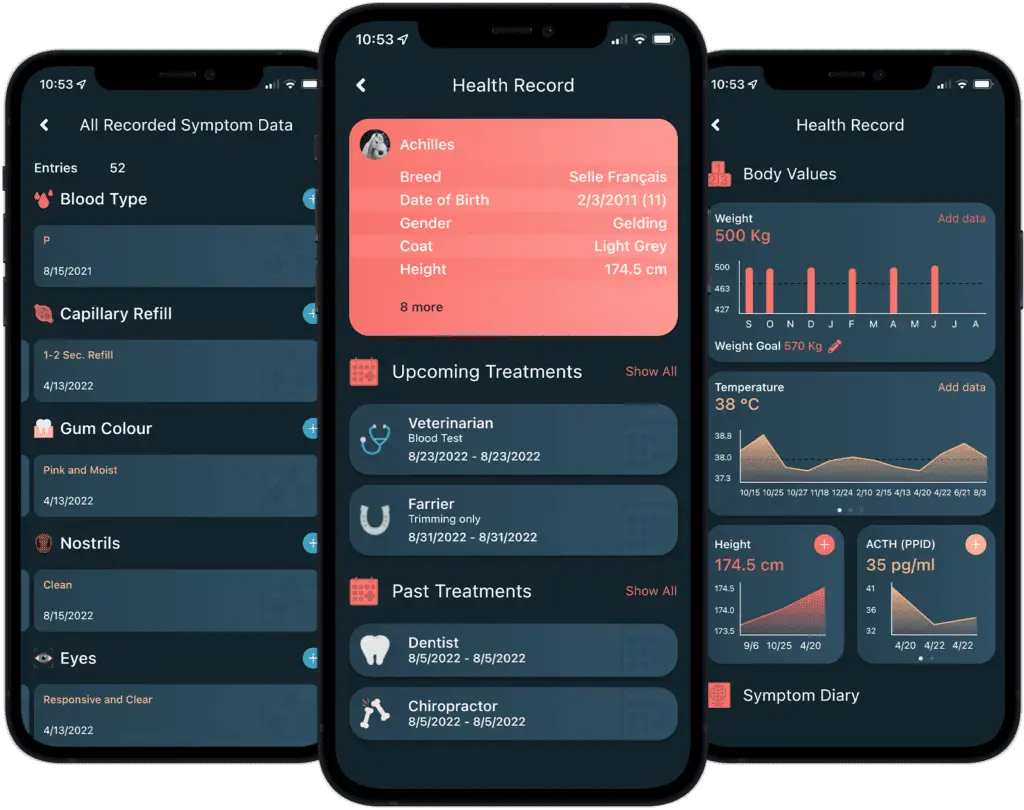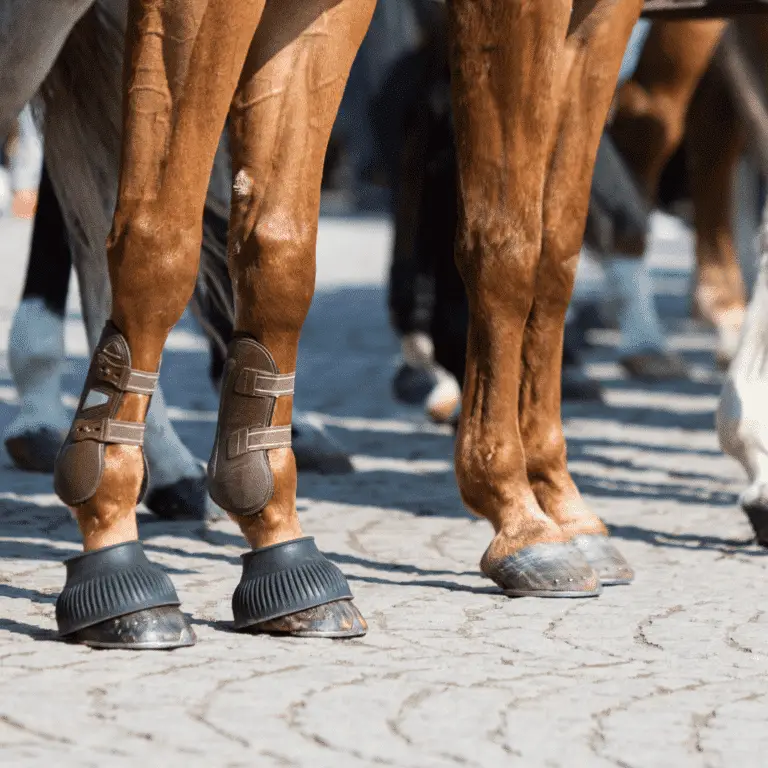
Equine Angular Limb Deformity
In the world of equine health, few conditions are as perplexing and potentially debilitating as angular limb deformity (ALD). In this article, we embark on a journey to unravel the complexities of ALD, shedding light on its causes, manifestations, and the crucial steps towards effective management and treatment.




